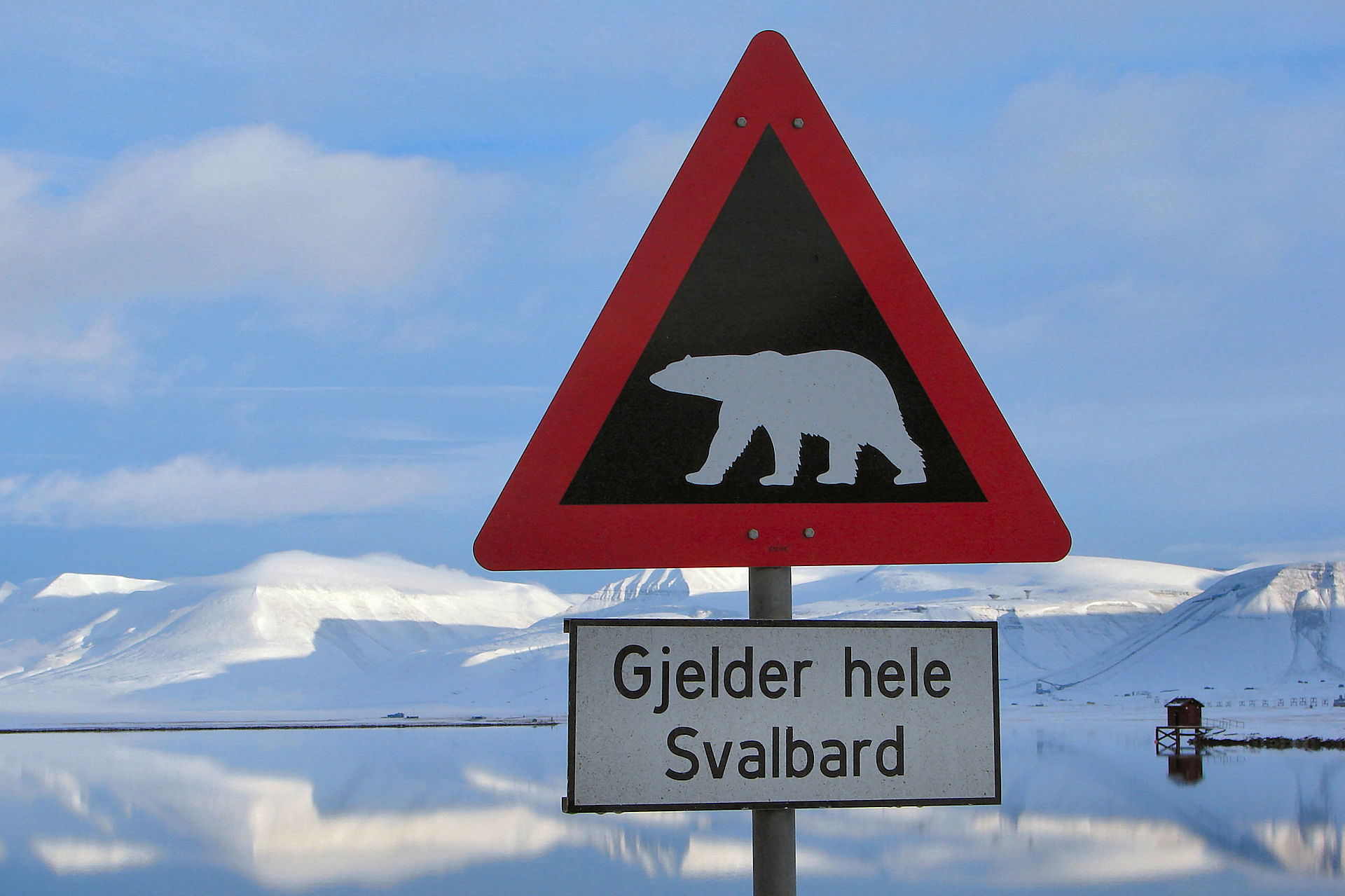A cluster of islands around midway between Norway and the North Pole, Svalbard is a bleak land of little but ice and barren rock. Just over 2,500 people live there, almost all in the administrative centre of Longyearben. Living alongside them are as many as 3,000 of the world’s largest terrestrial predator; the polar bear.
Anyone venturing out into the wilds of Svalbard does so only well-prepared to defend themselves with bear alarms, flare mines and high-powered rifles. While the members of the 2011 British School Exploring Society expedition to Svalbard had taken these precautions, an early morning attack by a starving polar bear still resulted in the death of one member and severe injuries to others.

Arriving in Svalbard on July 23rd, the 80-strong party of teenagers and adult guides intended to spend over a month exploring the archipelago. Amongst them was 17-year old Horatio Chapple, a student at the prestigious Eton College and aspiring doctor. Mid-way through the trip, Chapple hiked to the Von Post glacier alongside ten other students and two instructors. The group camped overnight on a snow bridge close to the glacier, known for frequent sightings of polar bears.
In the early hours of August 5th, a large, albeit emaciated, male bear approached the camp. The string of tripwires designed to trigger alarms and flares failed to activate. While nobody knows for sure, the most likely reason for this was that the bear knocked over a supporting post, dislodging the cartridge that would have triggered the mines.

At around 7:30am, Chapple had just emerged from his tent and was in the process of standing up when he was rushed by the 550lb animal. After rearing up and batting the teenager to the ground the bear mauled him around the head, face and neck, killing him. The bear continued its attack, badly injuring two of his tentmates.
Warning shouts woke instructor Michael Reid, who was in possession of the group’s only rifle, a Second World War-era Mauser 98k. He later described taking careful aim at the bear to prevent hitting any of the young explorers, only for the weapon to fail to fire. Despite multiple attempts to chamber a round, the rifle continued to misfire. While struggling with the gun he shouted to other members of the group to fire pen flares in an attempt to scare off the attacker.

The bear then turned its attention to Reid, knocking him off his feet and biting his head. He unsuccessfully attempted to gouge at the bear’s eyes, but was saved when the animal was distracted by group leader Andrew Ruck throwing rocks at it. Ruck himself was badly mauled, but in that time Reid was able to reload the rifle and shoot the animal dead.
An inquest into Chapple’s death found that the group had opted for tripwire flares rather than an overnight watch or guard dogs, a decision which resulted in them being caught by surprise during the attack after the trips failed to fire. While it was ruled that the attack would have been prevented if the group had stayed in cabins rather than tents, there was no legal requirement for that step at the time. The group were also found to be missing items of equipment, including part of the tripwire alert system, but a coroner eventually recorded a verdict that failures by the expedition company had not caused the death.

While Chapple was killed before Reid attempted to shoot the bear, the quality of the rifle they carried and the lack of training the instructors had received in its operation likely contributed to later injuries. The inquest found that training with the weapon was limited to just four shots per team member and basic instruction on handling. This lack of training meant that the instructors were unfamiliar with its safety operation which prevented the loading of the rifle when the safety was engaged. instead rounds were ejected, matching Reid’s later description of the incident.
Following Chapple’s death over £250,000 was raised to create Horatio’s Garden, an outdoor area for the use of patients at the Duke of Cornwall Spinal Treatment Centre in Salisbury, where his father worked as a surgeon. Chapple himself had first suggested the project after completing work experience at the centre.

1 Comment